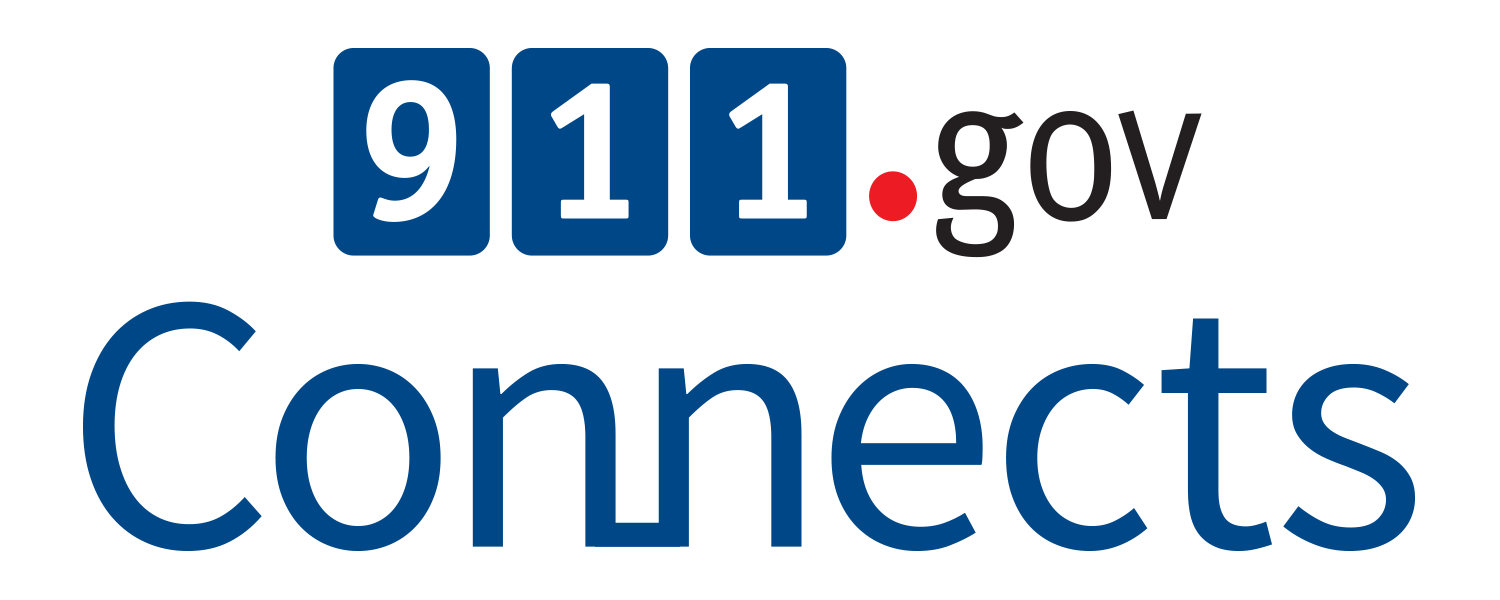Federal Communications Commission Statutes Improve 911 Access and Location Services
National 911 Program and FCC Coordinate to Develop Tools to Help 911 Community Implement
Two statutes implemented by the Federal Communications Commission (FCC)—Kari’s Law and RAY BAUM’s Act—make it easier for callers to reach 911, and for emergency services to locate those callers. To support PSAP education of details of this new legislation, the National 911 Program has worked with the FCC to develop resources for the 911 and community.
What is Kari’s Law?
Kari’s Law, made effective February 16, 2020, ensures that anyone can reach a 911 call center when dialing 911 from an MLTS. The law is named in honor of Kari Hunt, who was killed in a motel room by her estranged husband in 2013. Her daughter tried to call 911 four times, but the calls never went through because the motel’s phone system required dialing “9” before any call to secure an outbound phone line.
What is the RAY BAUM’s Act?
RAY BAUM’s Act, emphasizes the importance of making dispatchable location information from all 911 calls available to PSAPs, regardless of the technological platform used. The FCC states “dispatchable location means a location delivered to the public safety answering point (PSAP) with a 911 call that consists of the validated street address of the calling party, plus additional information such as suite, apartment or similar information.”
What tools are available?
The National 911 Program, in conjunction with the FCC, developed dynamic, user-friendly tools for the 911 community. The new resources for emergency communications center (ECC)/PSAP administrators and multi-line telephone system (MLTS) manufacturers, vendors, service providers and others explain MLTS and dispatchable location requirements, and the consequences of non-compliance for manufacturers and users of MLTS.
The downloadable tools include an easy-to-navigate spreadsheet and PDF documents that provide:
A tailored overview of the statutes for 911 personnel and organizations, including information defining what the new legislation means for ECCs/PSAPs and how it affects operations
Detailed lists of state laws and FCC rules and terms to be aware of and adhere to
Interactive checklists with step-by-step actions to increase compliance and track progress toward respective deadlines
“The FCC appreciates the efforts of the National 911 program to create tools that help the 911 community, vendors and manufacturers tackle the many elements addressed in these statutes,” said Lisa Fowlkes, Chief of the FCC's Public Safety and Homeland Security Bureau.
The 911 community is encouraged to download the tools at 911.gov to understand the FCC statutes, increase compliance and enhance 911 services in their communities.
The FCC is the definitive and official authority on compliance and requirements. If more information is needed, please visit the FCC website for additional guidance.



